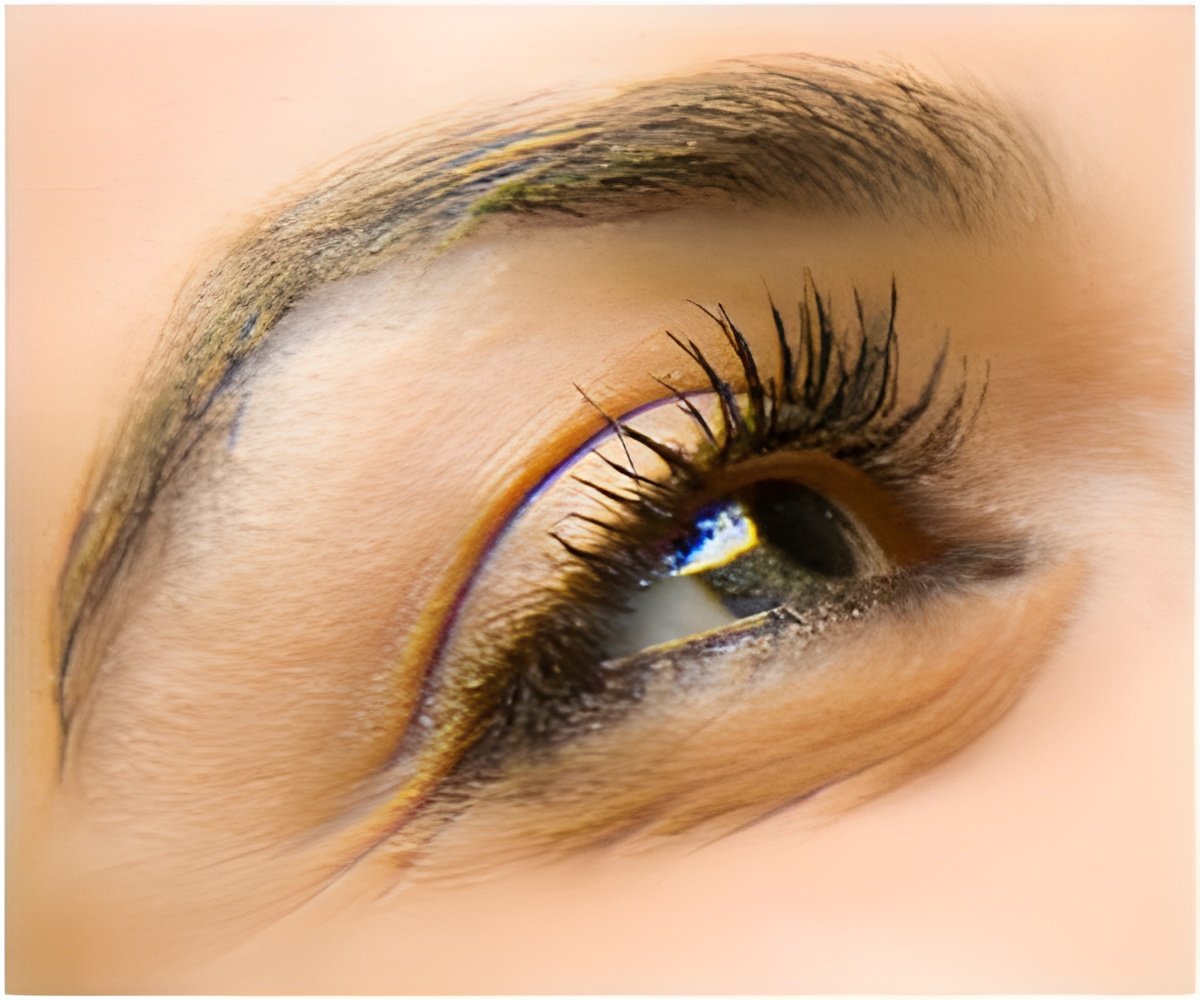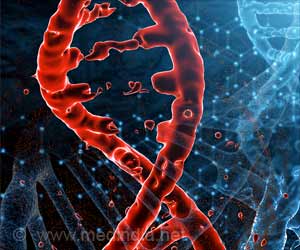New enzyme-based treatment found to be effective in treating severe dry eye disease, as per the results of early phases of a clinical trial.

‘Dry eye disease can severely compromise the patient's quality of life and vision. Eye drops containing DNAase could provide them new hope in terms of safety and effectiveness.’
Read More..




"Participants in the trial who used the drops with DNase reported less eye discomfort and their corneas were healthier," said Dr. Sandeep Jain, professor of ophthalmology and visual sciences in the University of Illinois at Chicago College of Medicine and principal investigator of the clinical trial.Read More..
In dry eye disease, production of tears is dysregulated, and the cornea, the transparent outer layer of the eye, becomes inflamed. In severe dry eye disease, which often accompanies diseases such as Sjogren's syndrome and ocular graft-versus-host disease, the inflammation in the corneal tissue can become extreme enough to cause disabling eye pain and sensitivity to light.
In previous research, Jain and colleagues discovered that strands of DNA form webs on the surface of eyes affected by severe dry eye disease. This material causes an inflammatory response that further irritates the eye.
"In dry eye disease, several things happen," Jain explained. "There is an increase in the number of white blood cells called neutrophils that gather on the surface of the eye. Neutrophils release DNA which forms webs on the cornea called neutrophil extracellular traps, which cause inflammation of the ocular surface and attract additional neutrophils in a vicious cycle."
Normally, enzymes present in tears chop up and clear DNA and other debris on the cornea, but in patients with dry eye disease, there is not enough DNase to clear the material.
Advertisement
Participants were given eye drops containing either DNase or a placebo formulation and instructed to administer one drop of the solution to each eye four times per day for eight weeks. The researchers evaluated patients' symptoms through questionnaires and measured the degree of corneal damage and amount of DNA webs and other pro-inflammatory material on the surface of the eye before and for the duration of the study.
Advertisement
"The data from this early clinical trial suggests that DNase eye drops may be safe and effective for treating severe dry eye, and we look forward to conducting larger randomized trials to definitively prove its efficacy," Jain said.
DNase is currently approved by the U.S. Food and Drug Administration to treat cystic fibrosis. Its use for treating severe dry eye that doesn't respond to other medications is still considered experimental by the FDA.
"The burden of severe dry eye is much greater than just having an occasional feeling of dryness," Jain said. "It can severely compromise quality of life to the point of disability and can compromise a person's vision. There are currently only two approved drugs to treat dry eye, and they don't work for everyone, especially those with severe disease, so having a new drug that can treat the disease is very important."
Source-Eurekalert












